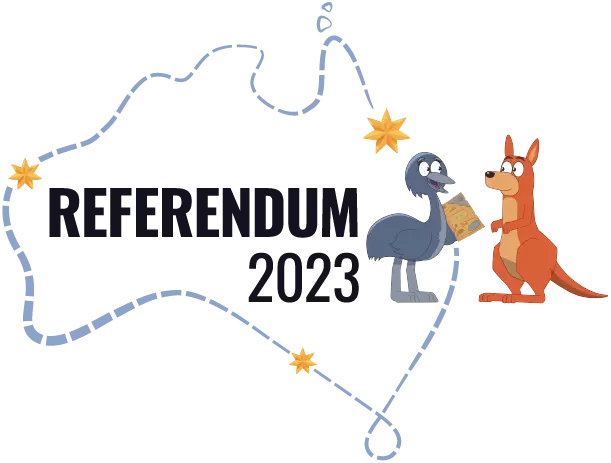You might have been wondering why there is so much chatter about referendums? Well, constitutional referendums are important to each and every Australian. And because we are having one later this year, it is a really important time to sit down and discuss why we all need the facts on how referendums work before we vote yes or no.
Issues of national significance have been debated daily since colonial leaders such as Henry Parkes, Edmund Barton, Alfred Deakin, Samuel Griffith, John Forrest, Andrew Inglis Clarke, Isaac Isaacs and Charles Kingston drafted the Australian Constitution. They overcame enormous transport obstacles, including months of travelling, to get together from vast distances across our continent and attend the constitutional conventions of the 1890’s. In order to create Australia’s unique system of federalism, the drafters adopted the Swiss innovation of the referendum in the Constitution. It was not used at the national level in other parliamentary democracies of the time such as the United States, the United Kingdom or Canada.
By suggesting the inclusion of the referendum process in the Constitution, the drafters put the ultimate control over the Constitution in the hands of the Australian people. This recognises the sovereignty of the people. Holding a referendum allows the Australian people to decide whether a change to the Constitution should be made. Holding a referendum can also raise awareness of the Constitution and generate interest in the issues of the day and the way we are governed.
Tune into the Australian Parliament during a sitting week and you uncover a wealth of debates on a wide range of issues you might be surprised you are interested in. Whether it is health, education, economic management, immigration, industrial relations, welfare, or environmental protection, these are all matters that the Australian Parliament can make laws about. So what the Australian Constitution now says, and what it might say in the future, is actually something all Australian voters need to think about.
Just as it was in 1901, the Australian Constitution is the rule book for how Australia is governed. This makes proposals to change it very important and fundamental to our continuing democracy and good governance. Perhaps we take our democracy for granted ? Perhaps we whinge about particular members of Parliament or decisions made by the government that we don’t like?
But we can all be proud of our nation and democracy. Australia has a stable and internationally respected democratic system. Each year Australia welcomes new citizens who have migrated to Australia from all over the world. So coming up to referendum day, it is a responsibility for all of us to find out the facts. Here at civicsaustralia that is what we are all about.
How do I get factual information about referendums?
If you look at civicsaustralia Fact sheet 6 you might be surprised at how technology has changed since the 1890s. In the 1890s if we were interested in understanding the facts around referendums we had to go to a newspaper, read a book or attend a speech or a public debate. And even then, only some of the population could read.
It was a little better once ‘wireless’ radio came to Australia in 1919. Older Australians today remember huddling for news through the family wireless.
They could never have imagined the wealth of social media outlets we have today or the global communication access we have at our finger tips. Yet never before have we had more challenges to find safe and reliable and unbiased factual information. How do you source your information when you really want to know the facts? Knowing the facts is empowering and is something every person should seek to do before they vote. It is a right available to every single Australian citizen.




